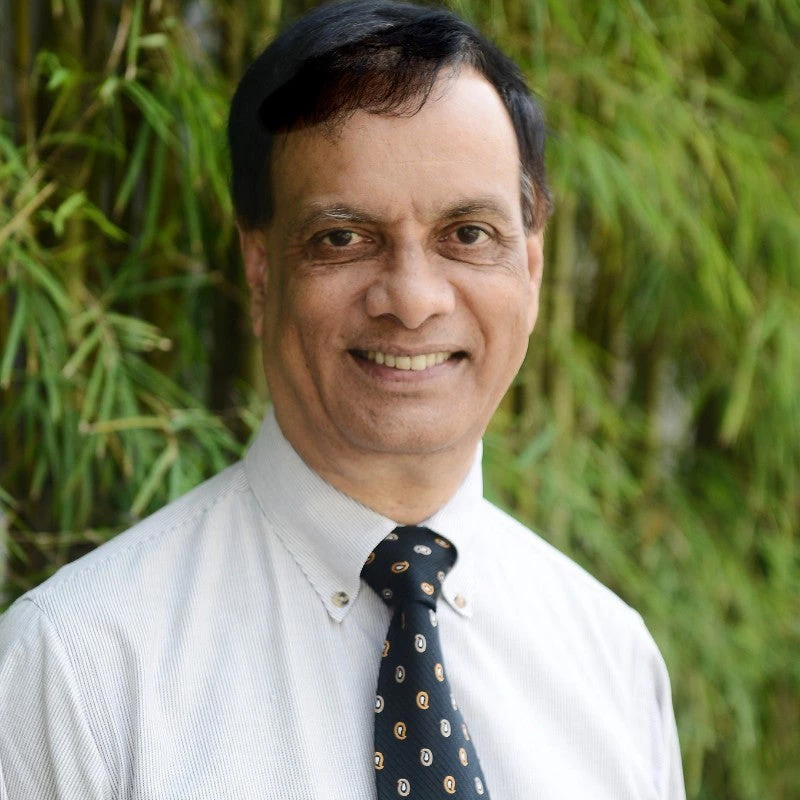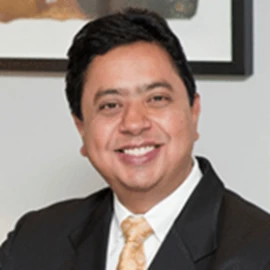
Three interlinked global crises—food, economic, climate—were high on the agenda of this year’s Bank-IMF Spring Meetings. At a conference organized by the Independent Evaluation Group and World Bank Institute, a panel of experts—Kristalina Georgieva, European Commissioner; Hans Herren, President, Millennium Institute; Trevor Manuel, Minister, National Planning Commission, South Africa; Ngozi Okonjo-Iweala, Managing Director, World Bank; Robert Watson, Chief Scientific Advisor, Government of UK— discussed not only the impact of each crisis, but crucially the links among them in seeking joint solutions.
With the spike in food prices, some 44 million more people have slipped into poverty since mid-2010. Oil prices today are some 40% higher than last year. The recovery from the financial crisis remains fragile. Devastating earthquakes, heat waves and floods are occurring across the world. The extreme weather during Europe’s 2010 summer was a one in 3,000 year event. An article in Science predicts that such summers can soon recur every 10 years and, by mid-century, every other year unless climate change is mitigated.
The food price increase is rooted in stagnant agricultural productivity but the implications go further, noted the panel. Rising fuel prices have impacted agricultural inputs. Agricultural production depends on climatic change, also. Natural disasters are taking a toll on farming. In Pakistan around $1 billion worth of crops were destroyed last year as a result of the massive flooding. Climate impacts also include volatility of water sources, decreased crop yields, soil erosion from rising sea-levels—and the relentless destruction of the biodiversity.
Pricing policies and subsidies affect agricultural productivity, fiscal deficits and global warming. Prices must account for the real cost of fossil fuels—including their ecological damages. Farm, fuel and ethanol subsidies make no sense in the face of the current dangers. We also need to price food in ways that recognize its abundance in one place and shortage in another. Many countries could feed the hungry if their massive defense budgets were cut in favor of providing access to food.
In the end, the lag in actions is attributable to the lack of political will in the face of entrenched vested interests. At the same time, a crisis sometimes provides a chance to take on vested interests and the “too big to fail” mentality. The fear of danger can generate action.
So it is critical to seize the opportunity to make changes. In Europe the financial crisis may have opened the door for reforms by increasing popular pressure on politicians to change the status quo. In the Middle East and North Africa, socio-political changes provide a context for difficult economic reforms, yet follow through is far from automatic.
In the face of these inter-linkages, global governance must address the so-called global public goods. But international arrangements, including the much heralded G20 community, have not quite been able to deliver results. Although there is no institution that is perfect, it is important to learn from the past, forge common understandings and follow on the agreements.
It would be a mistake, warned the panel, to talk of the financial and food crises in the past tense, or the climate crisis in the future tense as the long term will meet us faster than ever imagined. We need to rely on human ingenuity to find the vital linkages, build on the lessons, and find the political will to act in time.
Related:
Webcast: Challenge of Managing Crises in a Rapidly Changing World



Join the Conversation